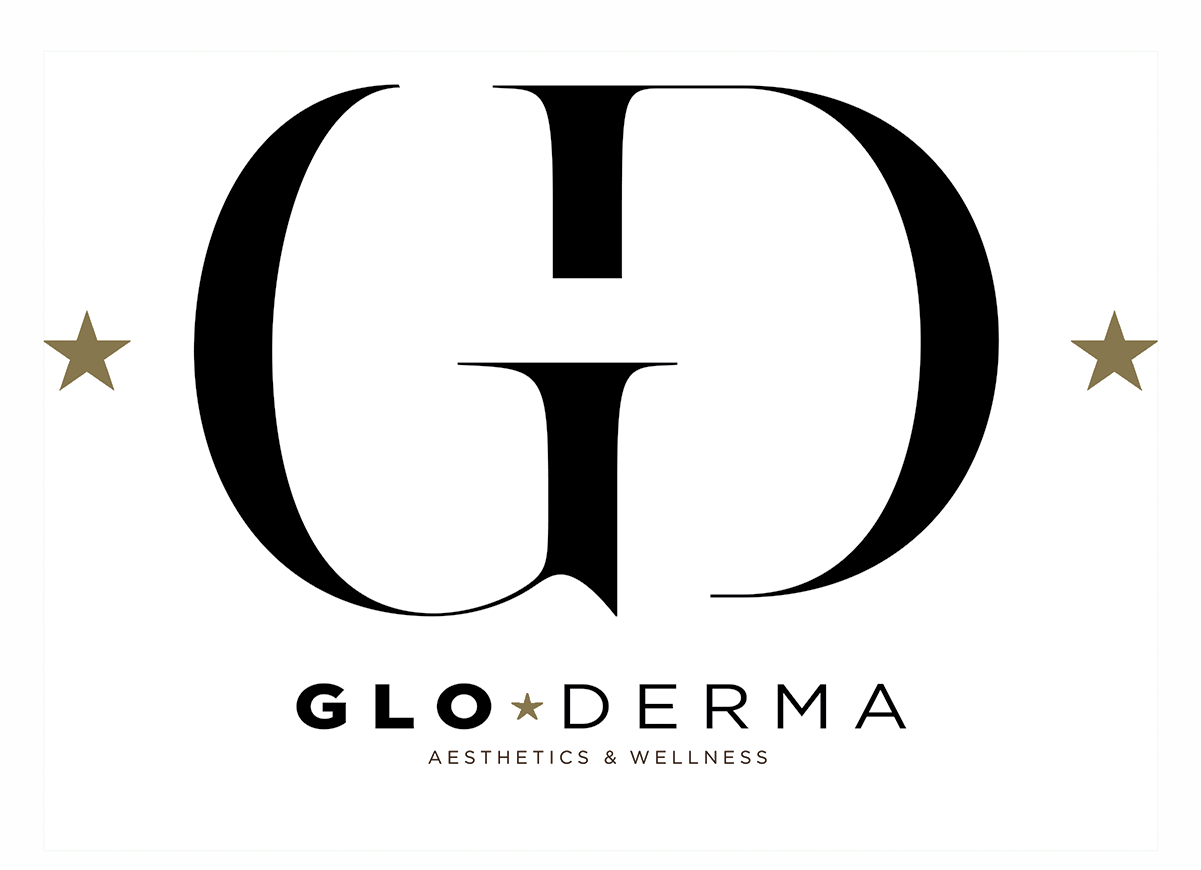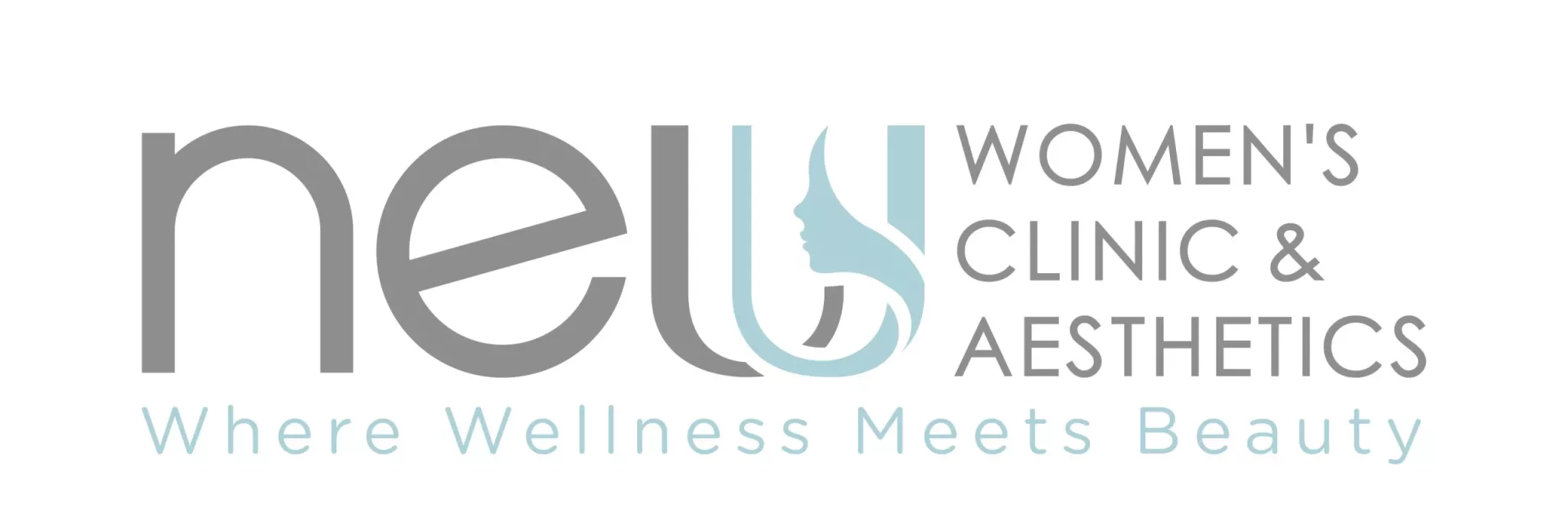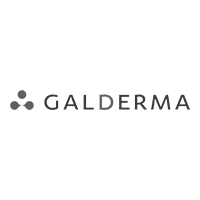
The Americans with Disabilities Act (ADA) was enacted in 1990 to prohibit discrimination against individuals with disabilities in various aspects of life, including employment, public accommodations, and access to healthcare. In the dermatology industry, ADA regulations ensure that individuals with disabilities have equal access to medical care and services. However, the impact of ADA regulations in the dermatology industry extends beyond just patients with disabilities. This blog post will explore who is impacted by ADA regulations in the dermatology industry. We will examine the impact on patients, dermatology practices, facilities, and industry professionals. By understanding the impact of ADA regulations on the dermatology industry, we can ensure that everyone has equal access to quality dermatological care.
Patients with Disabilities
According to the Centers for Disease Control and Prevention (CDC), approximately one in four adults in the United States have a disability ranging from mobility impairments to sensory and cognitive disabilities. Dermatology practices and facilities ensure that patients with disabilities can access the same level of care as those without disabilities. Under the ADA, healthcare providers and facilities, including dermatologists, must provide accommodations to patients with disabilities. This means they must ensure that their facilities, equipment, and communication methods are accessible to patients with disabilities. For example, this may include providing wheelchair ramps, accessible exam tables, and sign language interpreters. The importance of accessible facilities, equipment, and communication methods cannot be overstated. Without these accommodations, individuals with disabilities may be unable to access dermatological care or receive substandard care, which can lead to serious health consequences. Furthermore, failure to provide reasonable accommodations can result in legal consequences for dermatology practices and facilities.
Dermatology Practices and Facilities
Dermatology practices and facilities also have responsibilities under the ADA to ensure that their employees with disabilities have equal access to employment opportunities and can perform their duties to the best of their abilities. This means employers must provide reasonable accommodations to employees with disabilities, such as modifying work schedules or providing assistive technology.
Private practices and facilities must also comply with ADA regulations regarding physical accessibility, including designing and constructing new facilities. The ADA sets forth specific requirements for designing and constructing new buildings to ensure that they are accessible to individuals with disabilities. These requirements include accessible entrances, parking spaces, and restrooms.
Dermatology practices and facilities can take steps to ensure that they comply with these regulations. For example, they can conduct accessibility audits of their facilities, provide accessibility training to staff members, and work with architects and contractors knowledgeable about ADA requirements.
Dermatology Industry Professionals
The ADA also provides protections for employees in the dermatology industry. Employers are prohibited from discriminating against employees based on their disability and must provide reasonable accommodations to enable them to perform their duties. In addition, dermatology industry professionals, such as physicians, nurses, and medical assistants, are responsible for ensuring that their patients with disabilities are provided with appropriate care. This includes communicating effectively with patients, providing accessible medical equipment, and making reasonable accommodations to ensure patients can access medical care. Dermatology professionals can take steps to improve their knowledge and understanding of ADA regulations and how they can provide quality care to patients with disabilities. For example, they can attend training sessions, read educational materials, and consult with colleagues with experience treating patients with disabilities. By providing high-quality care to patients with disabilities and complying with ADA regulations, dermatology professionals can help to promote diversity and inclusion in healthcare. This can lead to improved patient outcomes, increased patient satisfaction, and a more fulfilling and rewarding professional experience for dermatology industry professionals.
Conclusion
In conclusion, the dermatology industry must comply with ADA regulations to ensure all patients, including those with disabilities, have equal access to quality care. At Growth99, our digital marketing experts can assist dermatology practices and facilities in achieving compliance with ADA regulations by providing tailored solutions to promote accessibility and inclusivity. Our services include website accessibility audits, ADA-compliant website design, and digital marketing strategies that prioritize inclusivity. By partnering with Growth99, dermatology practices and facilities can ensure that their online presence and digital marketing efforts comply with ADA regulations and are accessible to all patients. Contact us today to learn how our digital marketing solutions can help your dermatology practice or facility comply with ADA regulations while promoting diversity and inclusion in healthcare.




























